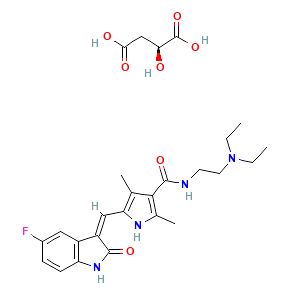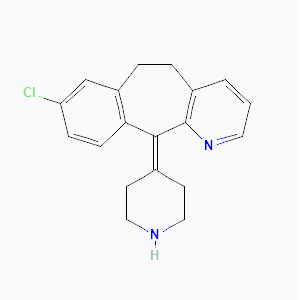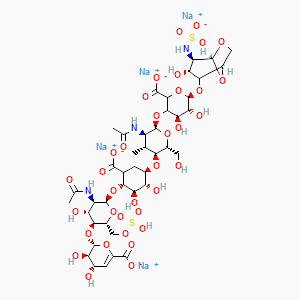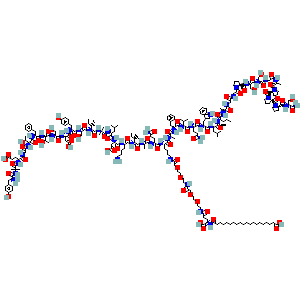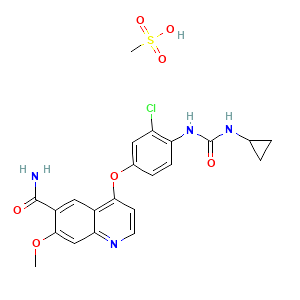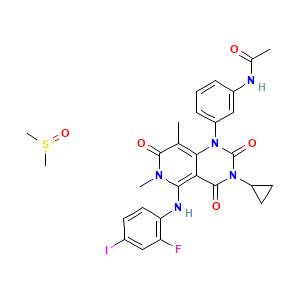Mechanism Of Action:
Sunitinib is a small molecule that inhibits multiplereceptor tyrosine kinases (RTKs), some of which are implicated in tumor growth, pathologic angiogenesis, and metastatic progression of cancer. Sunitinib was evaluated for its inhibitory activity against a variety of kinases (>80 kinases) and was identified as an inhibitor of platelet-derived growth factor receptors (PDGFRa and PDGFRb), vascular endothelial growth factor receptors (VEGFR1, VEGFR2 and VEGFR3), stem cell factor receptor (KIT), Fms-like tyrosine kinase-3 (FLT3), colony stimulating factor receptor Type 1 (CSF-1R), and the glial cell-line derived neurotrophic factor receptor (RET).
Indication:
- Advanced kidney cancer (advanced renal cell carcinoma or RCC).
- A rare cancer of the stomach, bowel, or esophagus called gastrointestinal stromal tumor (GIST) and when patient has taken the medicine imatinib mesylate and it didn’t stop the cancer from growing or patient can’t take imatinib mesylate.
- A type of pancreatic cancer known as pancreatic neuroendocrine tumors (pNET) that has progressed and can’t be treated with surgery.
- Adult patients with kidney cancer that hasn’t spread and who are at high risk of RCC coming back again after having kidney surgery.

